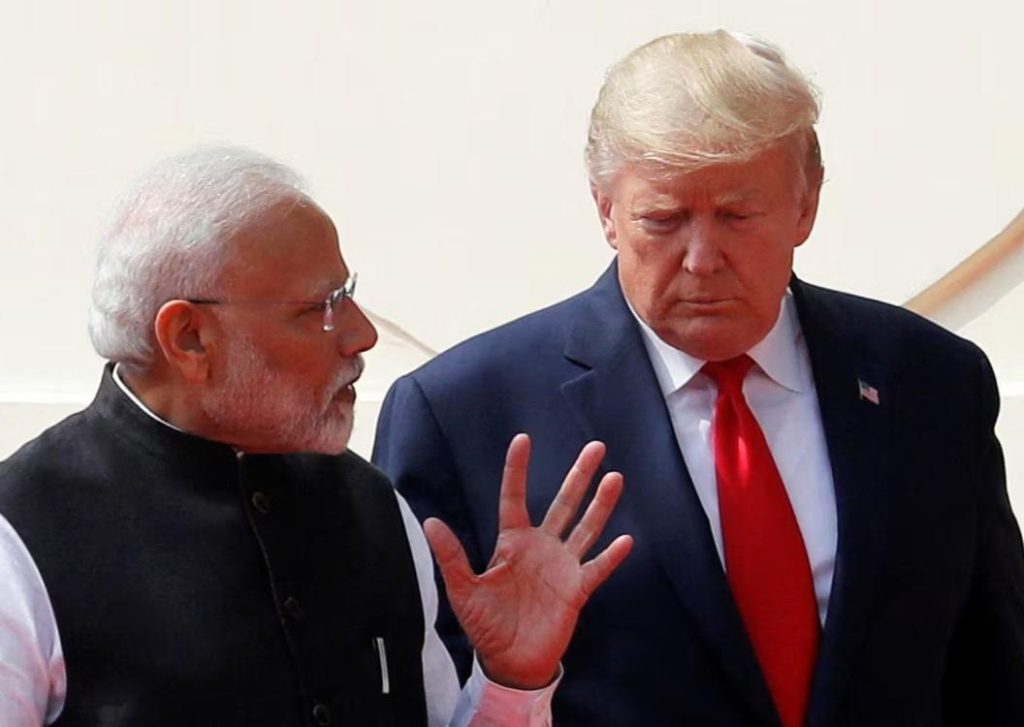
Top Trump aide criticises India over Russian oil while calling PM Modi a great leader
In a surprising turn of events, Peter Navarro, the Director of Trade and Manufacturing Policy in the Trump administration, has come down heavily on India for purchasing Russian crude oil. Speaking to a news outlet, Navarro criticized India’s decision, saying that it is not creating peace in the global economy.
“I love India. (PM) Modi is a great leader, but please, India, look at your role here in the global economy. What you’re doing…is not creating peace,” Navarro said.
This statement is particularly noteworthy given Navarro’s praise for Indian Prime Minister Narendra Modi, whom he referred to as a “great leader”. This praise is in stark contrast to his criticism of India’s decision to purchase Russian oil.
Navarro’s criticism is also ironic given the fact that the United States and Europe continue to buy uranium, gas, and fertilizers worth billions of dollars from Russia. The US, in particular, has been a major importer of Russian energy products, including natural gas and crude oil.
It is worth noting that India’s decision to purchase Russian oil is not unprecedented. India has been a significant buyer of Russian oil for several years, and the country has also been exploring ways to reduce its dependence on Middle Eastern oil. In recent years, India has increased its imports of oil from Russia, Iran, and other non-OPEC countries.
Navarro’s criticism of India’s decision to purchase Russian oil is likely motivated by his desire to promote American energy interests. The Trump administration has been pushing for increased energy exports, particularly liquefied natural gas (LNG), to countries around the world. The administration has also been critical of countries that rely heavily on Russian energy imports, viewing it as a national security threat.
It is also worth noting that Navarro’s criticism of India’s decision to purchase Russian oil is not unique. The US has been pressuring countries around the world to reduce their dependence on Russian energy imports, particularly in the wake of the annexation of Crimea and the ongoing conflict in eastern Ukraine.
India, however, has been resistant to these pressures, citing its need for energy security and its desire to diversify its energy imports. The country has also been exploring ways to reduce its dependence on oil imports, including the development of its own renewable energy sector.
In conclusion, Navarro’s criticism of India’s decision to purchase Russian oil is likely motivated by his desire to promote American energy interests. While India’s decision to purchase Russian oil may not be creating peace in the global economy, it is also not the only country that relies on Russian energy imports. The US and Europe, for example, have also been major buyers of Russian energy products.
It remains to be seen whether Navarro’s criticism of India’s decision to purchase Russian oil will have any impact on the country’s energy policies. However, it is clear that the issue of Russian energy imports is likely to remain a contentious topic in the years to come.



